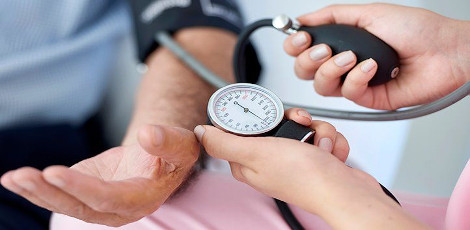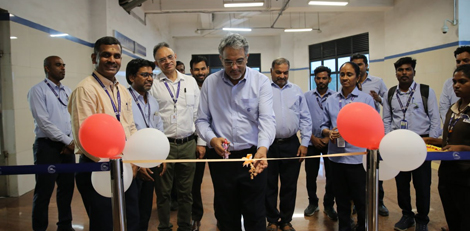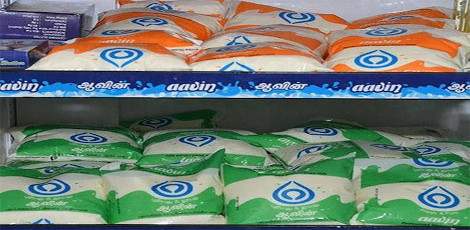Be careful!! You can get high blood pressure or high BP, if you do not have this mineral!!
Posted on: 20/Feb/2023 7:45:55 AM

Not only our heart would get strained, but there are also more chances of us getting cardiovascular diseases when we have high blood pressure!!
This chronic condition or high BP is present in many people these days. Based on the activities we do, our BP would fluctuate throughout the day. If we have higher BP when compared to the normal it could signal hypertension. It is noteworthy that the elevated BP is defined as when our systolic BP is 120 to 129 and a diastolic BP is less than 80 mm of mercury. Point is that the normal BP is 120mm/80mm.
We could get several health conditions if our nutrient levels go down. When the potassium lee in us goes down then it is linked to the increased risk of high BP.
What is the role played by potassium?
Inside our cells, it would be possible to maintain normal levels of fluids and this would be done by the mineral named potassium. Potassium plays an important role in heartbeat regulation plus ensuring proper functioning of muscles and nerves etc. Protein synthesis is also carried out by potassium. Excess sodium in our body would be eliminated by the presence of potassium.
The walls of the blood vessel would become relaxed by the mineral potassium and this would reduce our BP. Many research studies have shown the relationship between low potassium consumption and high BP and higher risk of strokes etc. Those who have high blood pressure in them could get their systolic BP reduced by consuming potassium rich foods.
Various signs of potassium deficiency:
Potassium deficiency is revealed by certain important signs like palpitations or skipped heart beats, constipation, fatigue, muscle damage etc.
Checking the potassium levels in the blood:
The doctor would advise the patient to undergo a blood test. It is learnt that the normal BP for an adult would range from 3.5 to 5.2mEq/L.
Daily potassium intake:
An adult must consume 1600 to 2000 mg or 40 to 50 milli equivalents per day. It must be taken into account that lack of potassium is rare and that`s why there is no recommended dietary allowances or RDA for potassium.
Potassium rich foods that can be consumed:
There are many foods that are rich in potassium. These are beans, nuts, leafy green vegetables, dairy foods, fishes like tuna, cod etc. Starchy vegetables would also have high amounts of potassium in thehem. Various potassium rich fruits are bananas, oranges, apricots etc.







